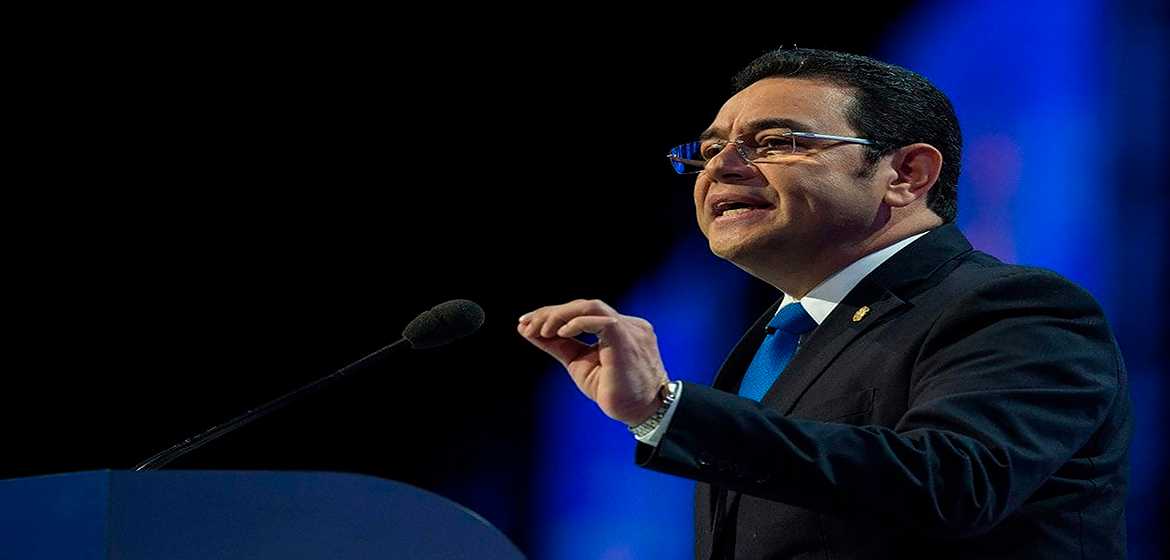Victoria Tauli-Corpuz
Victoria Tauli-Corpuz is the United Nations Special Rapporteur on the rights of indigenous peoples.
I did an official 10-day visit from May 1-10 to Guatemala as part of my tasks as the United Nations Special Rapporteur on the rights of indigenous peoples. In a span of five days, while I was there and after I left, Luis Marroquin, Jose Can Xol and Mateo Chamán Paau were . They were killed in their fight for their rights to continue owning the lands they live in and live from. All of them are Q’eqchi’ Maya.
Marroquin, a member of the national directorate and coordinator of the eastern region of the , was killed in the town of San Luis Jilotepeque, Jalapa, on May 9. The next day, before I presented my end of mission report to the government and the media, Can Xol, a community leader of the , was killed. This occurred in the community of Chotun Basila, Alta Verapaz, and was allegedly perpetrated by a member of the Chilte Cooperative seeking to claim the community’s lands to expand their coffee plantations. On May 13, another CCDA member, Chamán Paau, was killed in the community of San Juan Tres Ríos.
In my visit I spoke with many people who are victims of criminalization and impunity. I went to Alta Verapaz, where thousands of people gathered to express their complaints against the construction of the in the Cahabón River without consulting them.
I had the opportunity to visit the jail in Coban, Alta Verapaz, where I met Bernardo Caal, the leader of the struggle against the OXEC dams who faces multiple trumped-up charges of aggravated robbery and incitement to commit a crime, among many others. He was with five members of the community of Chotún Basilá who claimed they were just defending their rights to their lands. They were the targets of criminal charges filed by the Chilte Cooperative, the alleged perpetrator of the killing of Can Xol. While those who target human rights defenders typically escape justice, indigenous people are often treated as criminals simply for defending their lands.
These are not isolated cases. Last year, an NGO, , documented against human rights defenders in Guatemala, including . Human rights defenders, especially those protecting their communities’ lands and resources, suffer threats and attacks on a consistent basis. Last year, Global Witness at least 197 murders of land and environmental defenders all over the world. Historically around 40 percent of these murders have been indigenous people. And these numbers do not capture the full scope of the problem: the criminalization of indigenous peoples and killings in remote parts of the world that do not make news or reach reporters.
At the root of this violence is institutionalized racism and discrimination against Guatemala’s indigenous population. Their inherent rights to their traditional lands, territories and resources are not recognized. Although half the country’s population is indigenous, most still lack collective titles to the lands they have relied on for generations. Both the Chotún Basilá and Chamán Paau communities have been trying to resolve over 50 land conflicts with the government, but there has been little progress in securing their rights.
The extrajudicial killings and the abuse of criminal proceedings only continue to grow as a regressive legislative agenda and a shrinking democratic space put human rights defenders more at risk.
I condemn the killings in the strongest terms possible, and I call on the Guatemalan government to investigate these crimes and bring the perpetrators to justice. It is an imperative that these killings, injustices and gross human rights violations against indigenous peoples, who are the majority in Guatemala, be seriously addressed by the government.
Source:
Related to SDG 16: Peace, justice and strong institutions and SDG 10: Reduced inequalities



